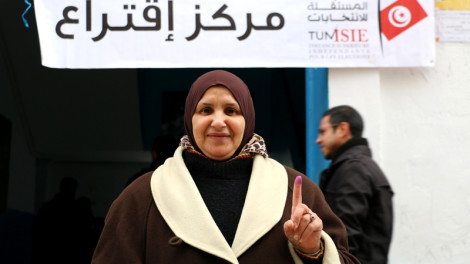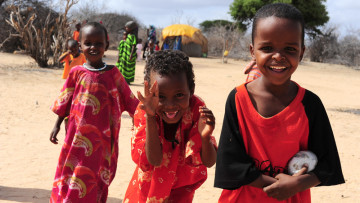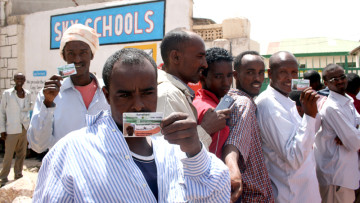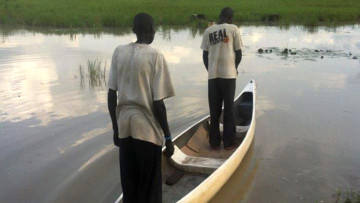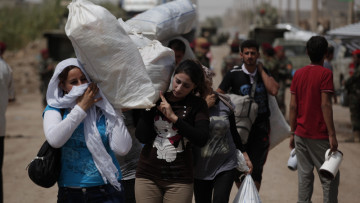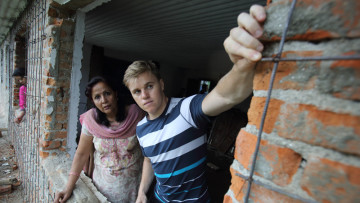Anne Richard, assistant secretary, Bureau of Population, Refugees, and Migration at the U.S. State Department shares the positive stories that keep her motivated and convinced that a little bit of help can rescue lives.
The Opportunity
Humanitarian crisis takes a wrenching toll on the people it affects, leaving behind devastation and displacement. This week, we examine the lessons learned in transitions to peace.
Out of conflict can come opportunity
There are more examples of positive change in the world than what may appear in daily headlines, but here, we briefly spotlight three countries in transition that seem to have, to some extent, cracked the code.
Sign up
Subscribe to the daily Devex newsletter, bringing you all the latest global development news, insights and advice.
5 ways to build trust among stakeholders in conflict settings
Working in a conflict environment involves all the challenges of global development with additional layers of complexity. Chemonics' Eric Reading shares tips to achieve a key element of success: establishing trust among stakeholders.
How Somaliland transitioned to stability sans direct aid, recognition
A self-declared state since 1991, Somaliland owes its stability largely to a peace process that was led and funded locally. We take a look at how Somaliland achieved this, what role aid can play, and the prospects of recognition after a period of transition.
An island of peaceful coexistence along a river of turbulence
For decades violent conflict over access to land and water have plagued the border area of Darfur and Northern Bahr el Ghazal State. Today, the area stands out as an example of peaceful coexistence.
In conflict environments, the little wins make a difference
In environments where instability and violence challenge efforts effect change, victories can be few and far between. The Institute for Inclusive Security's Angelic Young talks about the small wins.
3 positive trends that are bridging the humanitarian-development divide
In crisis situations, the transition from humanitarian assistance to long-term development programming is still far from flawless. But there are some positive trends underway that offer concrete avenues for progress. Devex takes a closer look.
First things first: Rebuilding right and rebuilding better in Nepal
More than three months in, the recovery phase following Nepal’s two deadly earthquakes is starting. What are some of the most important things that need to be in place to “rebuild right” and “build back better?”
Short stories to counter violent extremism
In Timbuktu and Gao, young people are reading short stories teaching morals of tolerance, justice and freedom. Education-based projects are crucial to enhance youth’s resilience to violent extremism, Zineb Benalla, director of the Transnational Initiative Countering Violent Extremism, tells Devex.
Cover photo credit: Mercy Corps

